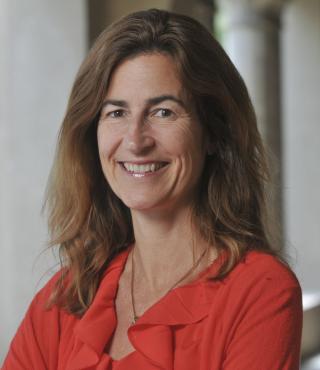Since the beginning of the COVID-19 pandemic in 2020 policymakers have consulted epidemiologists and economists to determine the best course of action. This has led to a series of recommendations that often are wildly contradictory. To bridge these divides, the Hopkins Business of Health Initiative convened epidemiologists, economists, and experts in related fields to chart a course for future pandemics. Their white paper, “Modeling to Inform Economy-wide Pandemic Policy: Bringing Epidemiologists and Economists Together,” was published by the National Bureau of Economic Research and lauded by the New York Times in November 2021.
The authors of the report emphasize that policy missteps can have dire consequences during a pandemic. Harsh lockdowns can slow disease transmission but trigger wide-ranging economic struggles that paradoxically cause public health problems. On the other hand, policies that favor businesses can lead to the unchecked spread of the virus, resulting in high rates of serious illness, overcrowded hospitals, and myriad preventable deaths– and harming the economy. Moreover, inconsistent policy can sow uncertainty, leading to misinformation and the erosion of trust in government.
Economists and epidemiologists’ differing approaches arise because each group views the problem through the lens of their discipline. Economists make unrealistic assumptions about the spread of disease. Epidemiologists often disregard the economic consequences of shutdowns.
The authors worked together to build a consensus model applying both economic and epidemiological perspectives to consider restaurant capacity restrictions in a hypothetical future pandemic. The exercise underscored the importance of experts in these fields learning to understand and respect each other’s approach and collaborating to plan for future crises.
“This process with take years to complete,” the authors wrote. “As such, starting this dialogue while the lessons of COVID-19 are still fresh, and before the next pandemic hits, could not be a more urgent priority.”

